We talk so much about finding outstanding subject matters that no one has photographed before and about capturing unique moments that we forget there are also situations when taking photos is a really bad idea. You may be photographing the world from your window or visiting an exotic place. You may be thinking it will be the shot of your life. It doesn’t matter. In these situations, it’s more important to be human than to be a good photographer. Here we will explore the five situations when you shouldn’t take photos.
When Someone Is in Danger
The first thing you should think of when you see someone in danger is how you can help not what a rare shot you can take. Forget about camera settings and perspective and do everything in your power to be helpful. If you can’t help yourself (e.g., you don’t have medical skills, the situation is dangerous for you as well, etc.), run to get help or call emergency assistance services.
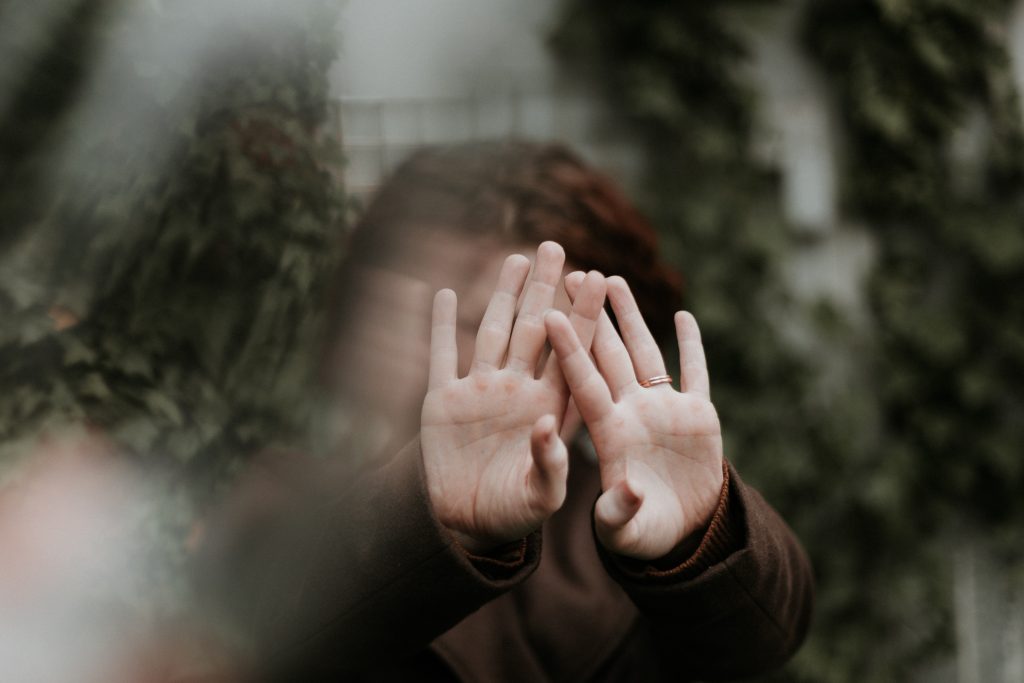
Photo by Priscilla Du Preez on Unsplash
When Someone Is Grieving
People crying and grieving make dramatic subjects and impress the audience. Therefore, many photographers are tempted to take photos at funerals, photograph people who just got divorced or broke up, or go to areas affected by natural disasters and photograph people grieving the loss of their livelihoods. There is a thin line between ethical photojournalism and documentary photography and abusive snapshots. If you want to photograph someone grieving, ask for their permission not only to take the photograph but also how close you are allowed to be. In these delicate situations, you should think more about people’s feelings than your chance to take unique photos.
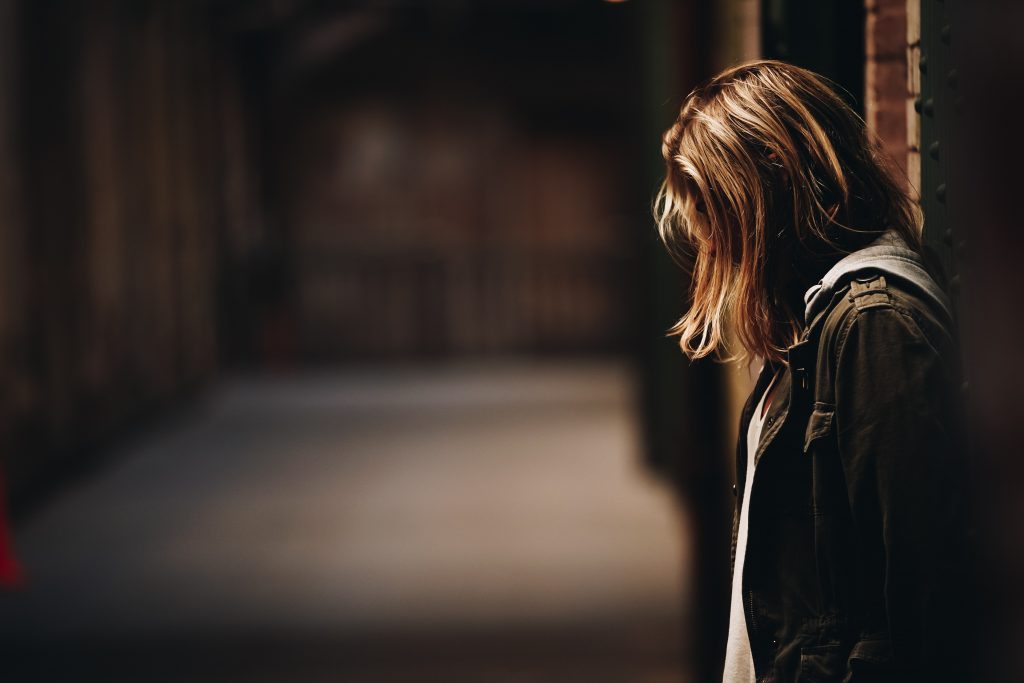
Photo by Eric Ward on Unsplash
When You Witness an Intimate Moment
Whether you witness an intimate moment in the lives of your friends, family members, or strangers on the street, asking for permission to photograph them is the ethical thing to do. It may be a kiss, a proposal, a goodbye, or a bucket list experience. As long as it is an intimate moment that doesn’t belongs to you, you don’t have the right to disturb it just for the sake of a great shot. If this is a street-life scenario, you may focus on an environmental shot, keeping the camera and yourself at a discrete safe distance.
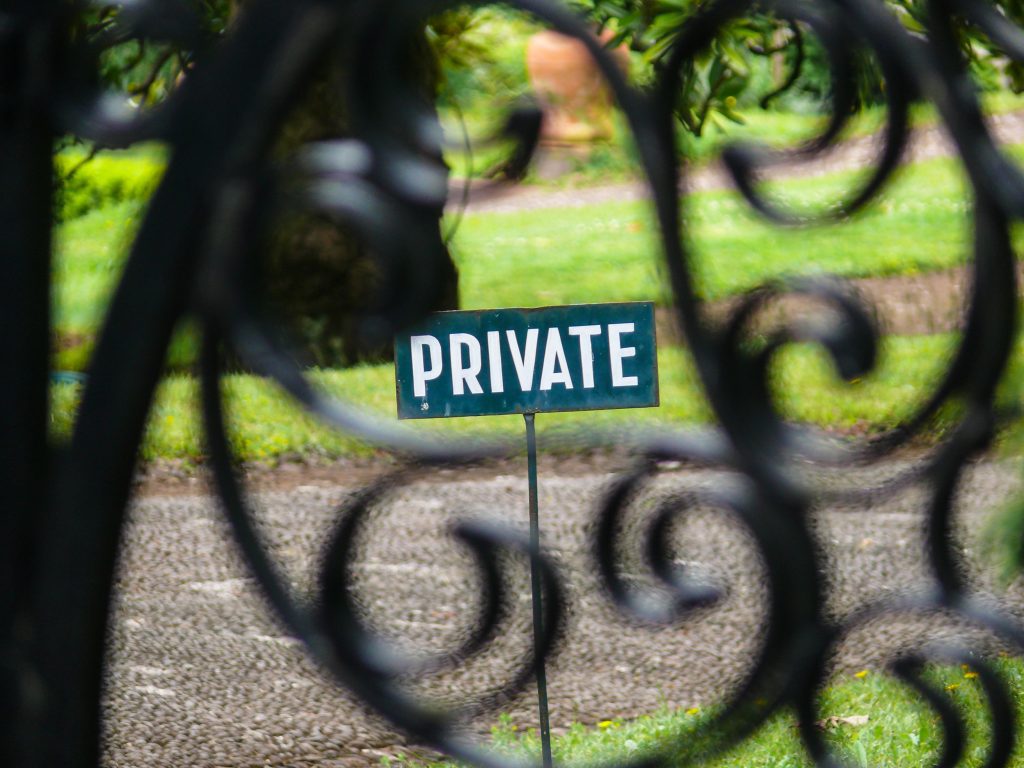
Photo by Hansjörg Keller on Unsplash
When Photographing Is Forbidden or Frown About
There are many places where taking photos is forbidden, such as for military reasons (e.g., near military bases), religious reasons (e.g., inside churches), security reasons (e.g., inside banks or government institutions), or safety reasons (e.g., inside art museums). Respect these interdictions because you are not above the law and may be in trouble.
There are also situations where photography isn’t forbidden per se, but it’s considered disrespectful. Such situations include going to the theatre or cinema, at concerts (especially classical music ones), during opera and ballet recitals, at private events, and so on. Unless you were hired as the event’s official photographer or have a press accreditation on your side, don’t disturb the public by taking photos.
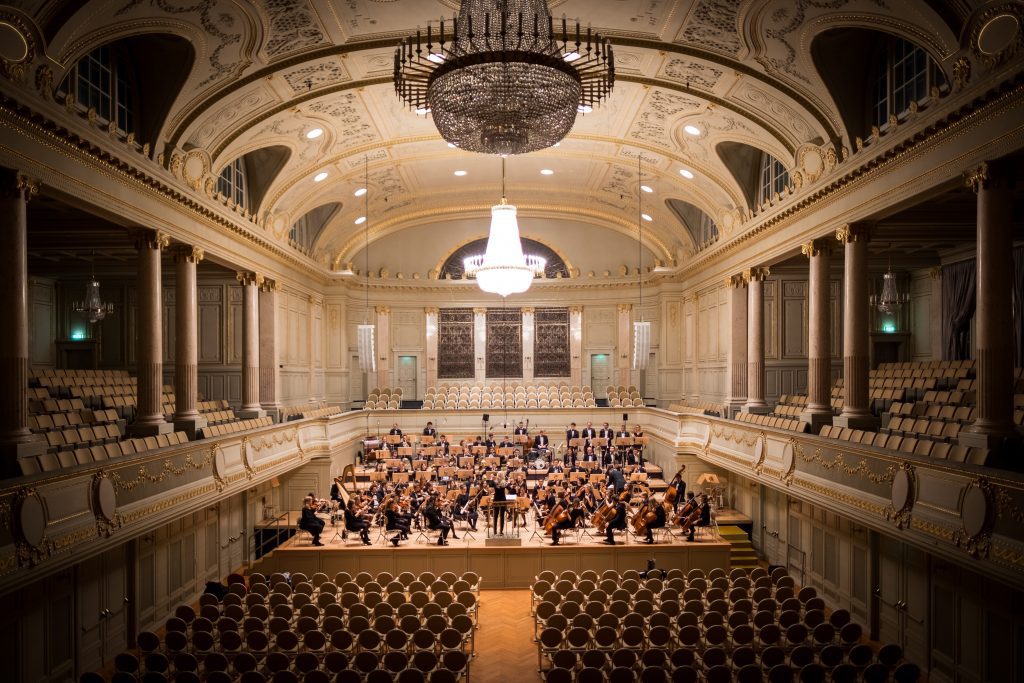
Photo by Manuel Nägeli on Unsplash
When You Want to Remember a Moment
Researchers say that the use of a camera affects our memory. That’s because we rely on the camera to record the memory for us. Furthermore, we focus on getting the picture right instead of being present at the moment. So if you want to remember a special moment in your life (e.g., proposing to your future wife, saying ‘I love you’ for the first time, the birth of your child, watching an amazing sunset, etc.), keep away from the camera.
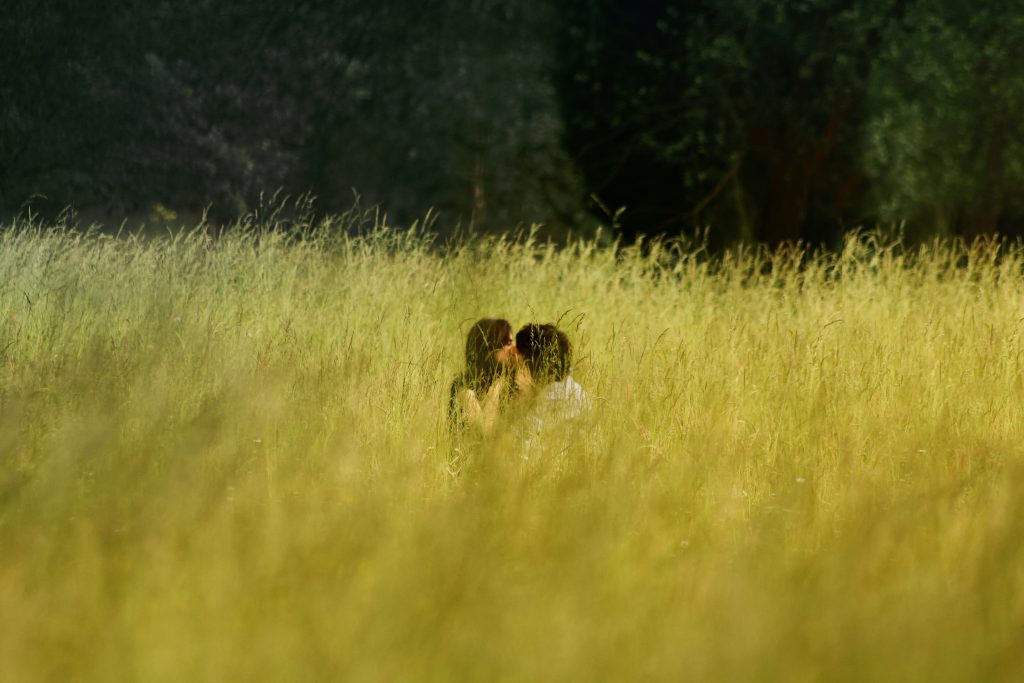
Photo by Montse Monmo on Unsplash
Conclusion
Being a good photographer means knowing when to take a photo as much as knowing when not to take one. It is a job with strong ethical and moral principles or at least it should be. As long as all that matters to you are your achievements and success, you failed at being a good person. All the money and fame in the world won’t make you a good photographer. But putting your heart and soul into your work will.
Cover photo by Belinda Fewings on Unsplash

